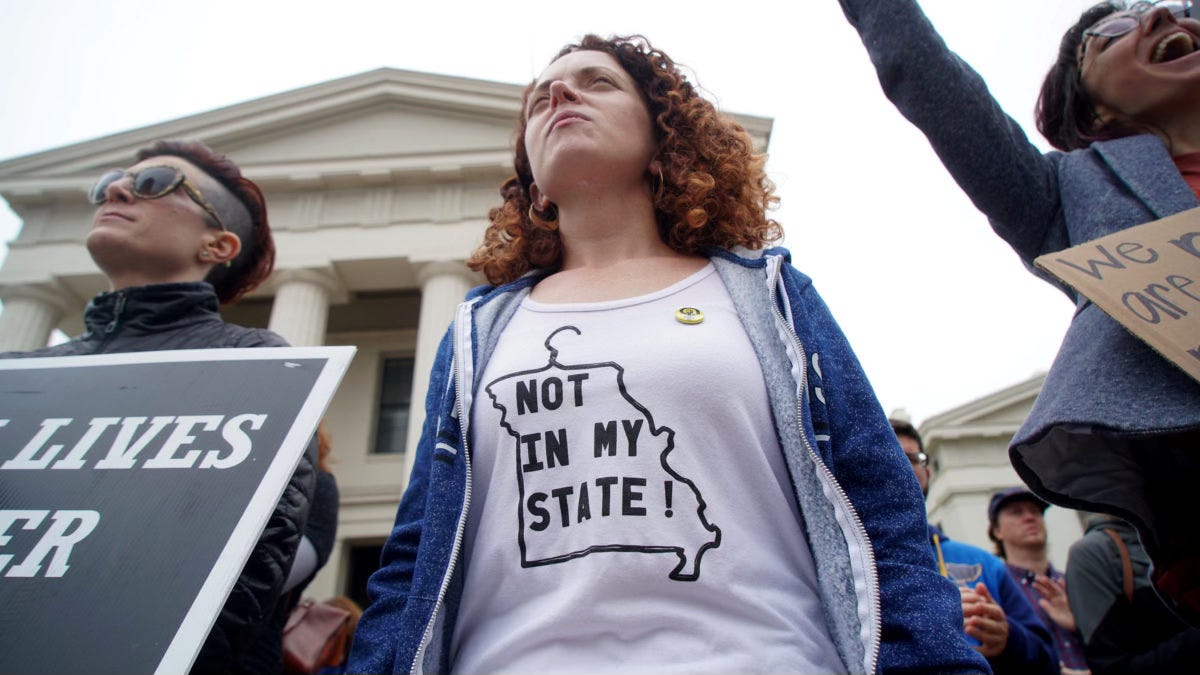
The issue of abortion protections will be on Missouri’s statewide ballot in November, thanks to a successful initiative petition, put forth by the Missourians for Constitutional Freedom coalition, that was finalized on Tuesday, just before the 5pm deadline. In order to be successful, the amendment proposal must receive more than 50% of votes in approval, which would then protect abortion procedures up until the point of fetal viability, generally around 24 weeks.
A successful amendment like this would return the State of Missouri back to the standard used after the Roe v. Wade decision in 1973, but before the Dobbs Decision, which overruled the guaranteed rights from Roe. The language of this new amendment also includes exceptions after viability “to protect the life or physical or mental health of the pregnant person.” The new law would also protect the patients receiving medical care as well as anyone performing or assisting in the abortion procedure.
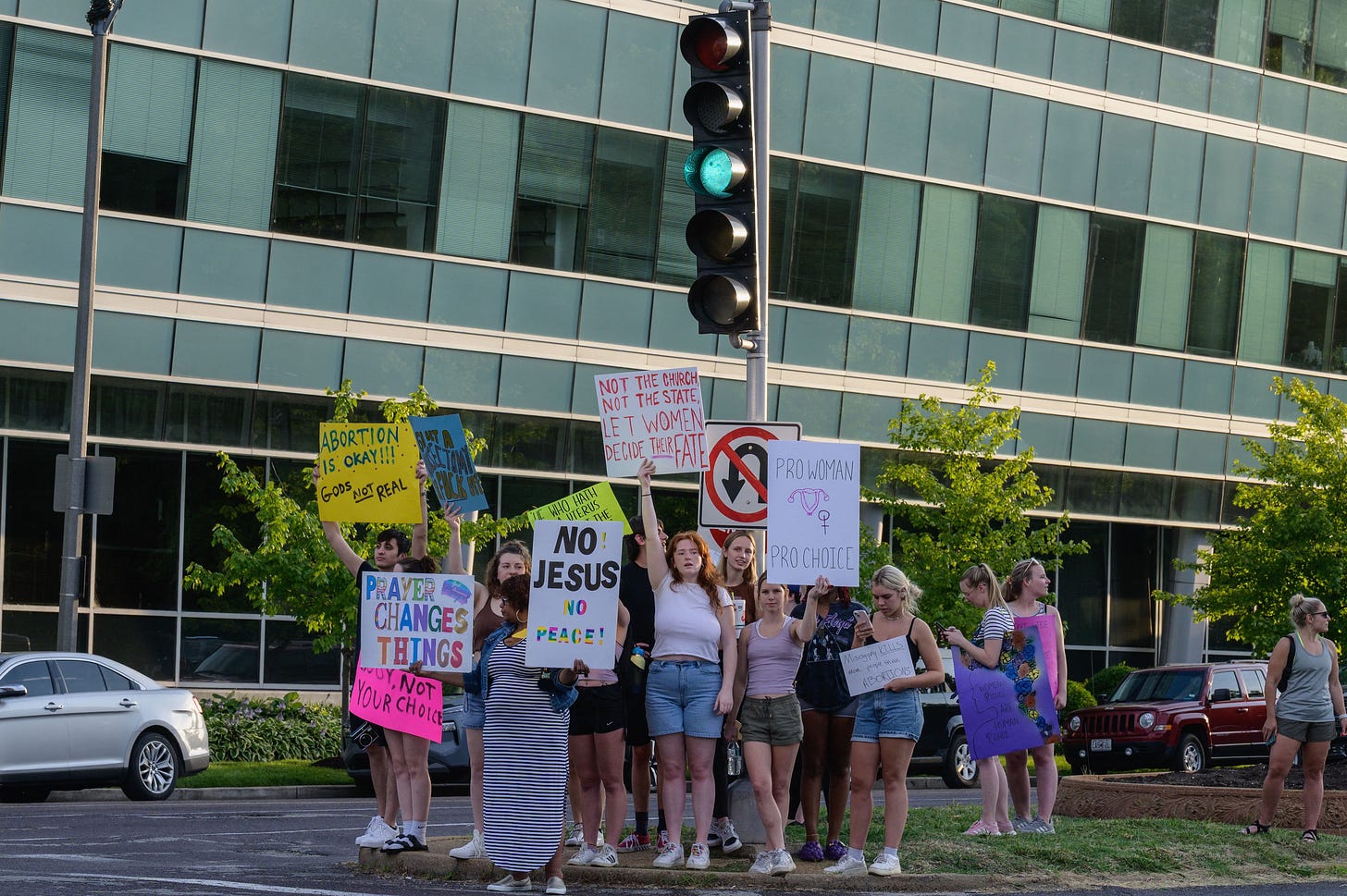
The current law in Missouri currently holds that doctors who perform abortions can be charged with a class B felony and face up to 15 years in prison. As a consequence of providing medical care, a doctor’s medical license can now also be suspended or revoked for performing abortions in the state. This latest win of providing a ballot initiative for abortion comes after a grueling battle with Republicans in the Missouri House of Representatives, that sought to keep any type of abortion protection measure off the ballot.
Missouri is currently among 18 states with an abortion ban, and one of more than a half-dozen states which will allow the voters to decide on the issue of abortion protections on the 2024 ballot. This week, officials in Arizona also announced that local abortion-rights supporters had amassed enough signatures to put a proposed amendment on the November ballot that would formalize abortion rights in the Arizona State Constitution as well.
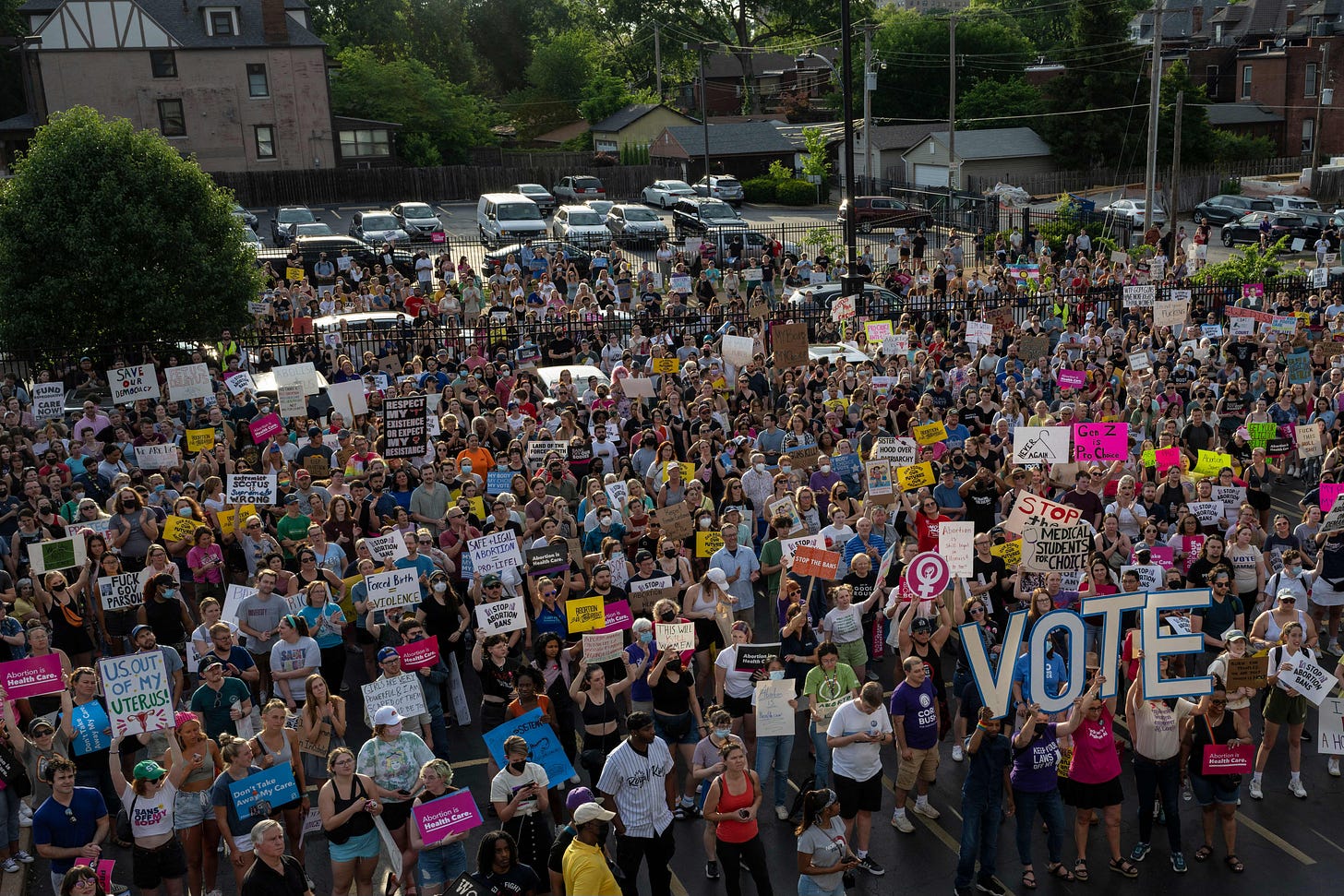
Voters in seven states that have put the issue of abortion protections before voters since 2022 — California, Kansas, Kentucky, Michigan, Montana, Ohio and Vermont — have each overwhelmingly voted in favor of abortion rights. By placing these popular initiatives on the 2024 General Election Ballot, advocates have not only bypassed conservative initiatives to thwart any loosened restrictions, but they have also ensured that the turnout for the presidential election will be higher than previously expected.
This latest ballot measure in Missouri is not only a testament to the fortitude of those who have been working to protect the right to abortion, but is also profound in that this was the first state to ban abortion after the US Supreme Court overturned Roe. More than that, Missouri is the state where the Pro-Life agenda was initiated in an attempt to slowly chip away at abortion rights for the last 40 years.
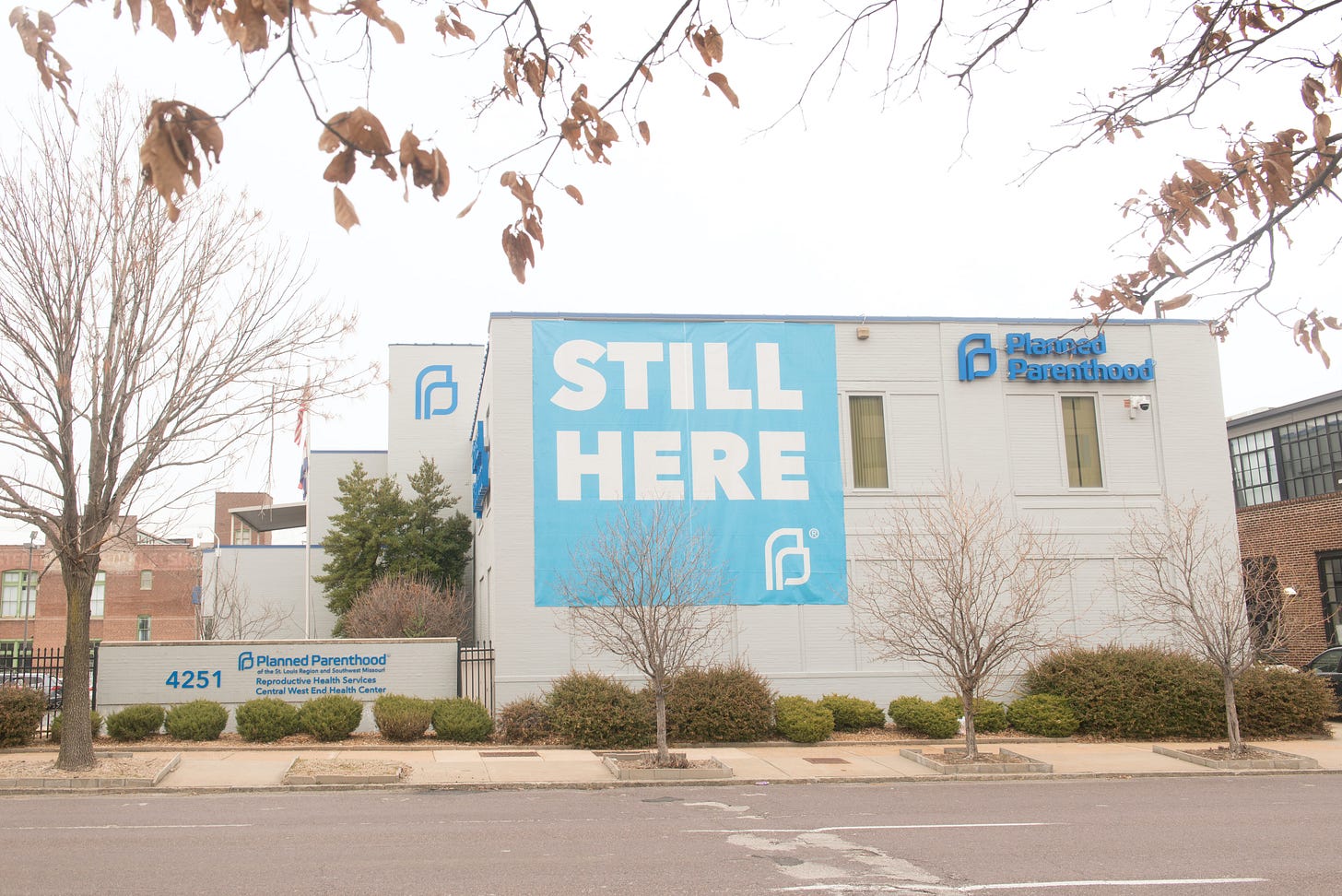
Prior to the Dobbs Decision, Missouri was the flagship state where conservative activists and judges began to effectuate abortion-limiting laws that have withstood court scrutiny and substantially helped to chip away at Roe v. Wade for decades. The following is an excerpt from Missouri's Role in the Threat To Roe, published in 2019 before Dobbs:
In 1986, the Missouri General Assembly passed a law making it a misdemeanor for physicians to perform abortions unless they had admitting privileges at a hospital within 30 miles. Missouri was the first state to enact this kind of restriction which argued that the law was not an undue burden to a woman because it sought to “protect” women. But the real truth about this kind of law is that clinics would now have difficultly in complying as the requirements would be too difficult to meet.
It also became politically difficult for abortion doctors to get admitting privileges, as hospitals in the area had the authority to refuse to grant privilege for any reason. The success of this law spurred on other restrictions on abortion in Missouri including a 72-hour waiting period, parental consent for minors and tighter restrictions for insurance coverage. It’s also important to note that Missouri is one of the many states to recently enact a version of a Heartbeat Bill (HB126) that limits abortion to the first eight weeks of pregnancy.
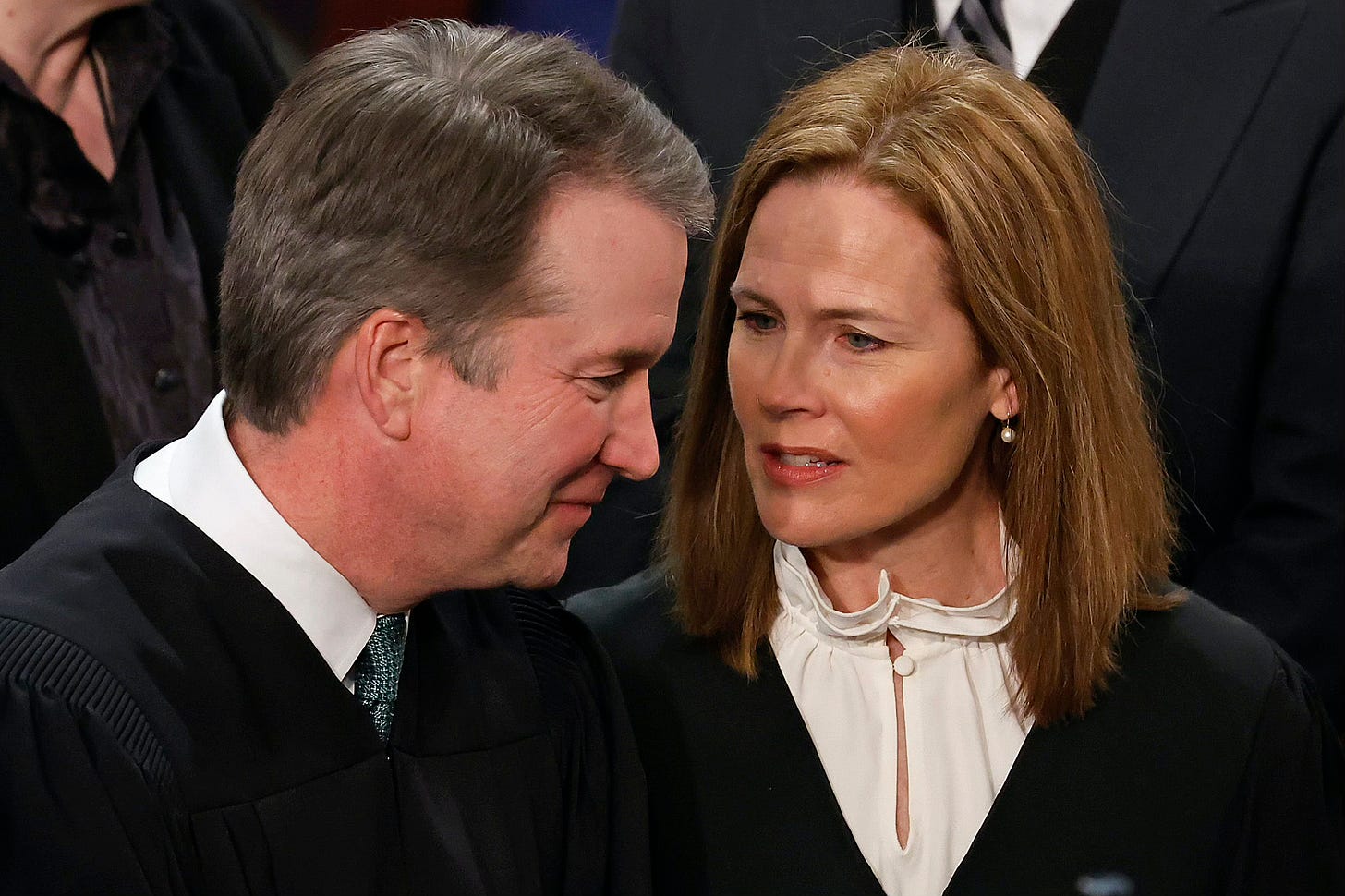
In fact, it was an opinion by the 8th Circuit Court of Appeals on the Missouri abortion ban that went into effect in June of 2019, that set the stage for the reversal Roe v. Wade at the United States Supreme Court level. In 2019, that intermediate court determined that Missouri's pre-viability abortion ban —and any pre-viability ban — was "categorically unconstitutional." Conservatives within the State of Missouri quickly appealed the ruling, which allowed the case to go before the newly minted conservative Supreme Court majority, where Donald Trump had just filled three seats.
The strategy employed by the Heritage Foundation and Federalist Society to place conservative judges on the Supreme Court came to fruition when the well placed appeal on abortion rights was making its way up to the highest court in the land, and the result of this decades-long battle, which began in Missouri, was the Dobbs Decision, which overturned Roe v. Wade. For more on the Republican strategy to overturn Roe, read: The Threat To Roe is Real and Coming Soon, originally published in SHERO in Summer of 2019.
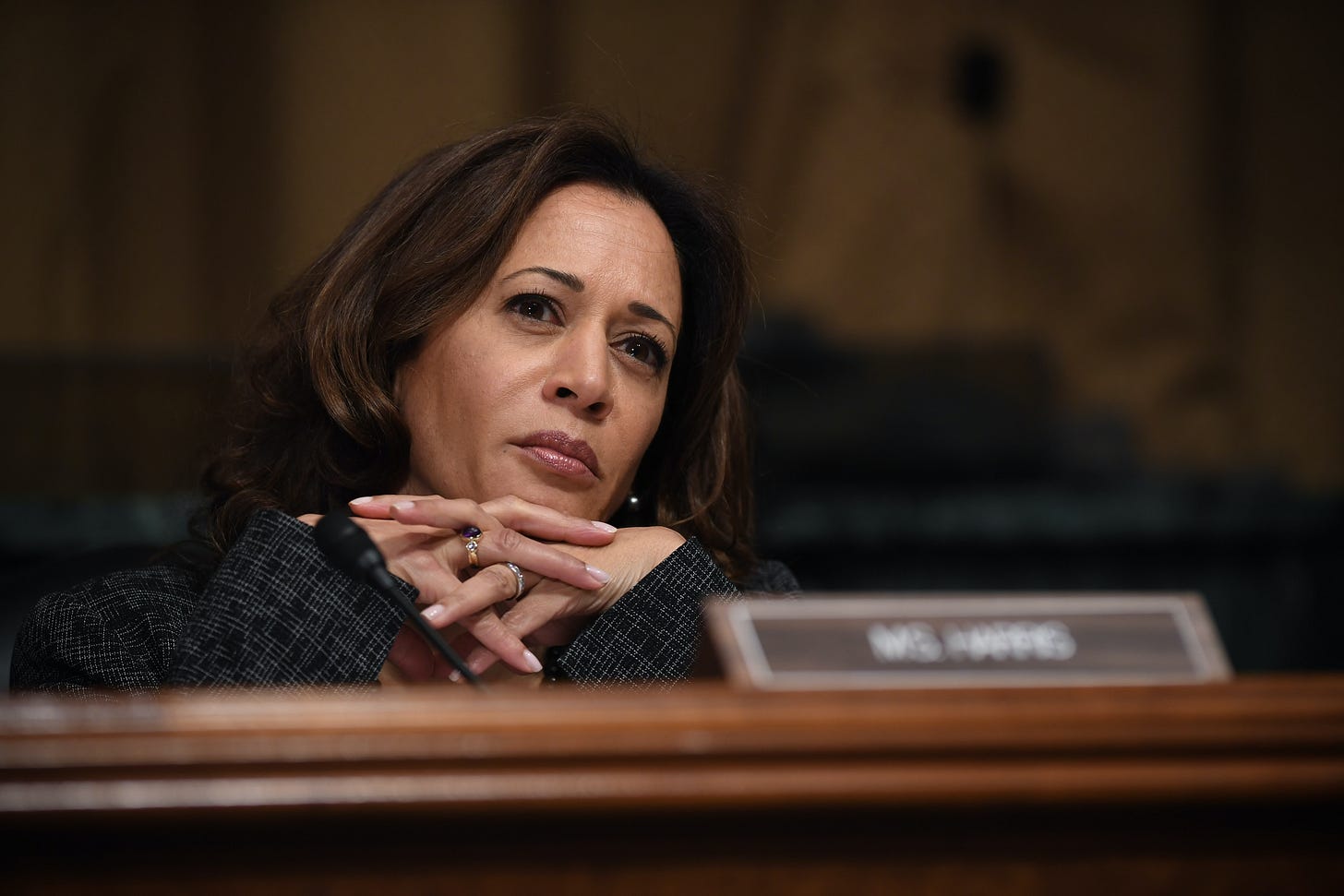
While the upcoming Presidential Election could very well be the most important vote for the United States this Fall, all eyes should be on this ballot initiative election in Missouri in 2024. Not only have abortion rights advocates been extremely diligent in their quest to put the question of abortion to the voters to decide, they have been able to outmaneuver conservative Pro-Life activists who invented the idea of “political outmaneuvering” in order to secure the overturn of Roe. This potential state win in Missouri represents a much heftier win for the American population at large and proves the age-old adage — we can beat them at their own game.
Amee Vanderpool writes the SHERO Newsletter, is an attorney, published author, contributor to newspapers and magazines, and an analyst for BBC radio. She can be reached at avanderpool@gmail.com or follow her on Twitter @girlsreallyrule.
Paid subscriptions and one-time tributes embedded in each article allow me to keep publishing critical and informative work that is sometimes made available to the public — thank you. If you like this piece and want to support independent journalism further, you can forward this article to others, get a paid subscription or gift subscription, or donate as much as you like today.



